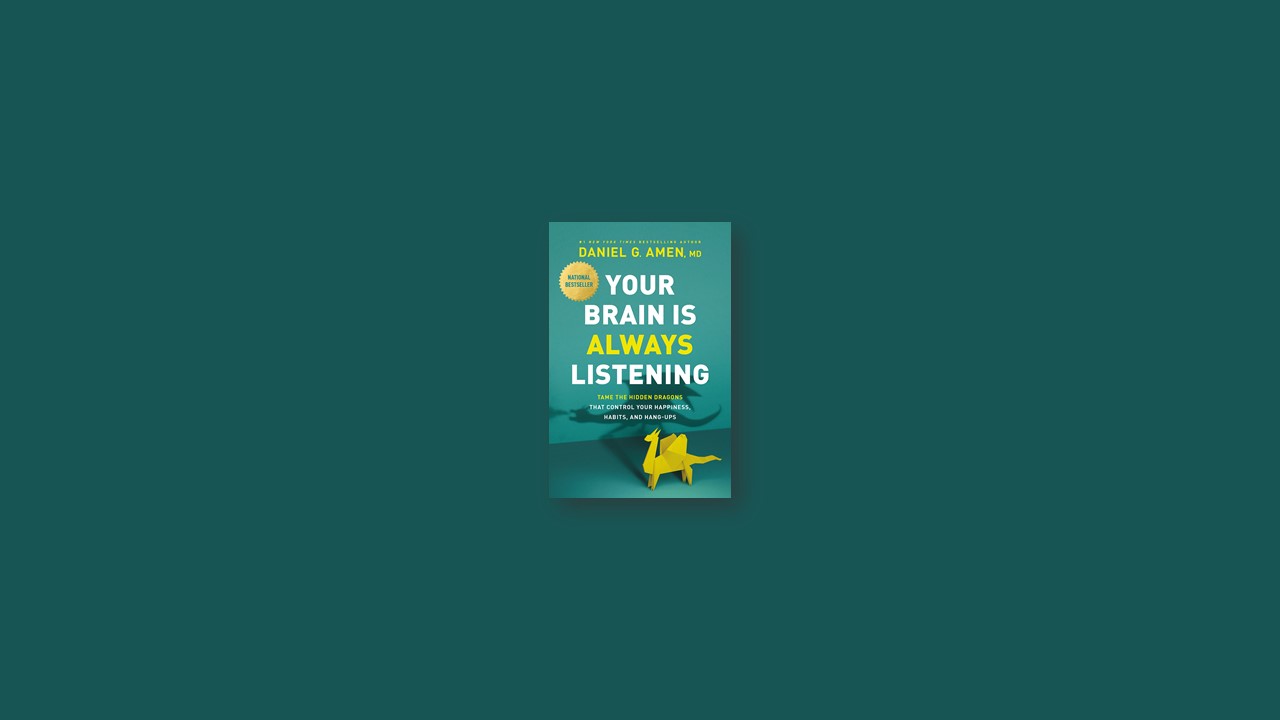Anxious Dragons
You were often afraid, had a sense of impending doom, felt overwhelmed or stressed, or thought the world was a dangerous place, causing you to develop anxiety and/or security issues. Having an alcoholic, drug-addicted, angry, or unpredictable parent, stepparent, or sibling can create these dragons. These are the most common Dragons from the Past, as 31 percent of the US population will experience an anxiety disorder at some point in life.
Living through the coronavirus pandemic has certainly spawned millions more of these dragons around the world. According to a report published in April 2020, the number of prescriptions filled for anti-anxiety medications spiked more than 34 percent in just one month early that year.
Tools to tame your Anxious Dragons
Diaphragmatic breathing in a very specific pattern:
- Inhale for three seconds through your nose.
- Hold for one second.
- Exhale for six seconds (twice as long as inhale).
- Hold for one second.
- Repeat 10 times.
- This will take less than two minutes.
Prayer and meditation can calm the amygdala.
Hypnosis is a powerful tool to help gain control over your mind.
Use your five senses to calm your emotional brain.
Affirmations to say or meditate on every day:
- I am safe.
- I am secure.
- I am calm.
- I am protected.
- I focus on my breathing and centering myself.
Should and Shaming Dragons
You were raised in a culture of guilt; you were humiliated, embarrassed, belittled, judged, or criticized. This happens in many religions and cultures with strong moral teachings, rules, and laws; shame can be a strong motivator to get people to comply.
Tools to tame your Should and Shaming Dragons
Break up with guilt.
Realize the past is the past.
Reflect on what triggers the feelings of shame.
Talk to someone about the shame you feel.
Practice forgiveness for yourself and others.
Special, Spoiled, or Entitled Dragons
These are the “special” dragons, the golden children, and the miracle babies. Sometimes it is the oldest child, youngest child, or only child. Your parents wanted and loved you so much that they could never tell you no and treated you as the anointed or favored one who could do nothing wrong. They may still treat you this way. Your caregivers never wanted you to experience any pain, so they did everything for you, sometimes even your homework. You ended up with an artificially elevated sense of entitlement.
Tools to tame your Special, Spoiled, or Entitled Dragons
Take responsibility for your life.
Notice how good it feels to promote the success of other people.
Practice seeing things from another person’s point of view.
Catch yourself justifying your spoiled actions.
Spend less time around people who act entitled.
Responsible Dragons
You feel liable for the pain or situation of others, often because you felt powerless to help someone you cared about, such as a parent or sibling who was suffering. This became rampant during the onset of the pandemic when hospitals would not allow family members to visit sick or dying loved ones. Or you felt insignificant, and fixing other people’s issues helped you feel significant. Children believe they are at the center of the universe, so if something good happens they think it’s because of them; but if something bad happens to someone they love, they often think it is because of them and feel responsible, even though their thinking is irrational.
Tools to tame your Responsible Dragons
Realize that doing too much for others can create dependency and inhibit them from being independent and self-sufficient.
Self-care is not selfish.
Evaluate the people in your life.
Angry Dragons
You were hurt, shamed, bullied, abused, disappointed, or perceived that you were hurt, shamed, or disappointed by others. Others modeled angry behavior for you. With stay-at-home orders due to the pandemic, many people experienced anger and frustration over things they could no longer do, or they were hurt financially. These frustrations and hurts may create new Angry Dragons.
Tools to tame your Angry Dragons
Make a list of 10 things to do when you are angry to distract yourself, if only for a few minutes, to give your brain space to respond more appropriately
Anger can be good if it is directed positively and appropriately for present-day reasons.
Know when to seek help.
Grief and Loss Dragons
Grief and Loss Dragons are easy to find because they are everywhere, especially due to the coronavirus pandemic. These dragons show up as a reaction to losing someone important (death, separation and divorce, breakup of a love interest or close friendship or peer group, a partner to dementia, empty nest syndrome), something important (health—a mastectomy or an amputation, job, finances, beloved pet), or an attachment to ideas of what could have been (identity—retirement, loved one with an addiction, loss of success).
Any death—whether the expected loss of an elderly parent, the sudden death of a child, or the terminal illness of a pet—can trigger grief and loss. Death from suicide is particularly harsh because most people believe it was a simple choice when it was often the result of an invisible brain illness.
Tools to tame your Grief and Loss Dragons
Start the healing process as soon as possible.
Keep a brain-healthy routine.
Fix sleep first.
Consider supplements.
Remember the positive; make peace with the rest.
Remember that crying is normal.
Reach out for social support.
Breathe with your belly.
Be patient. It is a journey, not a destination.
Honor your loved ones.
Hopeless And Helpless Dragons
These dragons feed depression, withdrawal, and even suicidal thoughts. People with these dragons have tried to change their circumstances but were unsuccessful, and they have developed what psychologist Martin Seligman calls learned helplessness. They tried and tried and tried, but after a while they learned they were helpless and lost hope. They may have been overwhelmed by stress or conflict and blamed themselves or others because they didn’t believe they could change their situation. They have a low sense of self-efficacy. Unfortunately, they carry this negativity forward, and it infects all aspects of their lives. For many people, enduring months of self-isolation due to the coronavirus robbed them of their sense of control over their lives, giving rise to a new generation of Hopeless and Helpless Dragons.
Tools to tame your Hopeless and Helpless Dragons
Create a positivity bias.
Train your brain in gratitude.
Write down your accomplishments and strengths.
Get your brain healthy, especially with strategies that help depression, such as increasing consumption of colorful fruits and vegetables, limiting processed foods, and taking omega-3 fatty acids.


